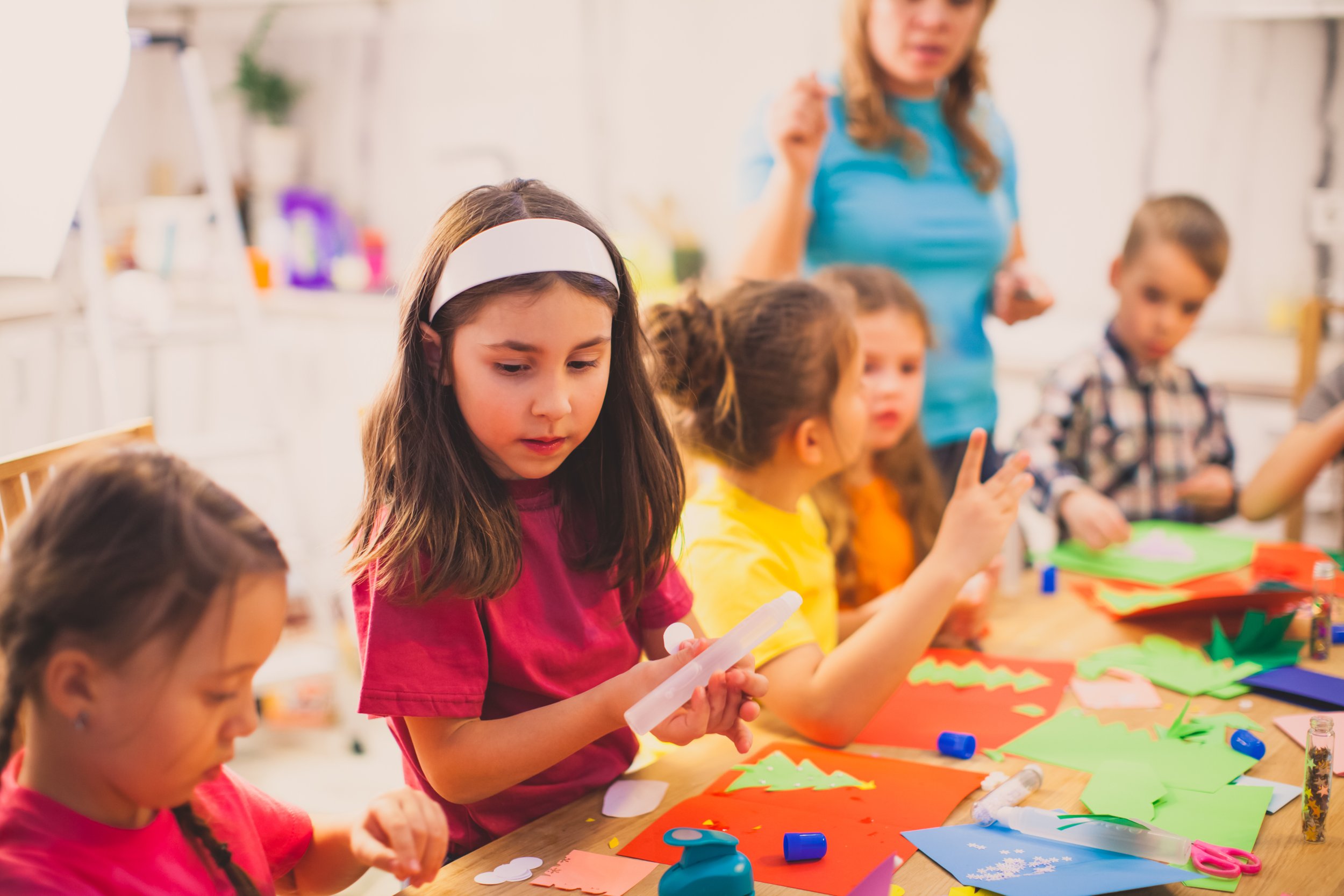
Our Philosophy of Care
Cholmondeley’s services are guided by its philosophy of care which is based on the rights of tamariki.
We believe in the mana and potential of every child and help them to develop their strengths through our care and education.
We operate from a trauma-informed model of care and our practice also follows the Te Whare Tapa Whā model.
A trauma informed model of care recognises the impact trauma has on people’s health and wellbeing and creates a safe environment to support healing.
Te Whare Tapa Whā was created by Māori health advocate Sir Mason Durie in 1984. The model describes health and wellbeing as a wharenui (meeting house) with four walls.
These walls represent taha wairua (spiritual wellbeing), taha hinengaro/ (mental and emotional wellbeing), taha tinana (physical wellbeing) and taha whānau (family and social wellbeing). Our connection with the whenua (land) forms the foundation.
When all of these pillars or walls are in balance, we thrive. When one or more of these is out of balance it impacts our wellbeing.
At Cholmondeley we believe
- Children have the right to be unconditionally respected by adults.
- Children have the right to feel safe and be free of violence.
- Children have the right to have their physical, emotional, social, intellectual, cultural and spiritual needs met.
- Children have the right to experience positive and secure attachments
- Children have the right to have fun
- Children have the right to experience opportunities for success
- Children have the right to expect adults to notice their strengths and to support them to further develop these
- Children thrive in relationships where they are valued
- Children thrive in warm, stimulating, nurturing and developmentally appropriate environments, and are capable of making choices and decisions about things that affect them
- The child knows what works for him or her and has the right to expect the adults to acknowledge and build on this
- Children have the right to make mistakes without fear
- Children have the right to have their voices listened to
- Children have the right to ask for help and for advocacy
- Children have a right to expect their whole community and society to take responsibility for their safety and wellbeing

